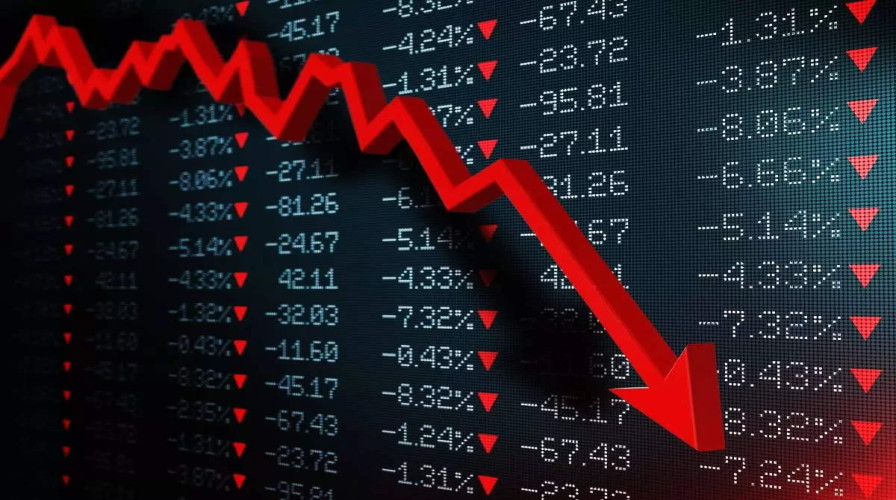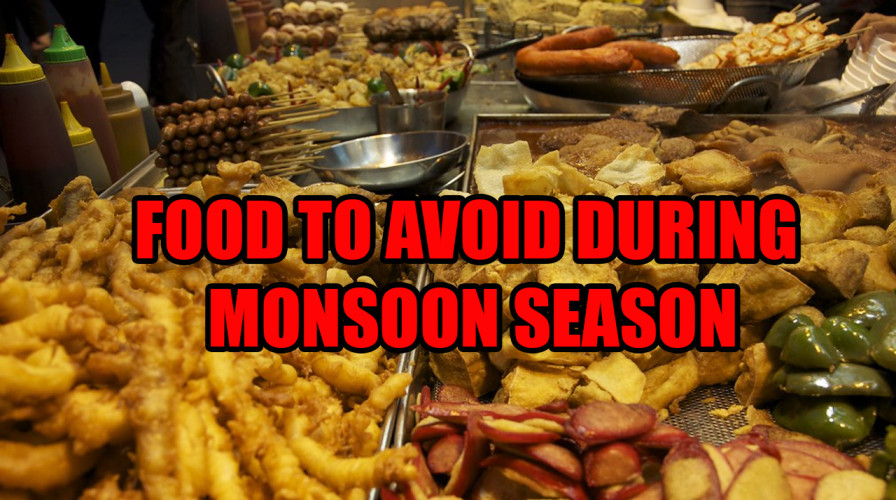Mumbai: Japan's stock market has caused a tsunami in the markets around the world. On Monday, August 5, Japan announced that its stock market had entered recession. The Japanese market continues to fall since last week. On Monday, Japan's Nikkei 225 index fell by 2227.15 points, or more than 12 percent. Last month, the Nikkei fell more than 20 percent from its all-time high on July 11.
This is the first time since 1987 that the Nikkei has fallen this much. That day in 1987 is known as a dark day in the history of the Japanese stock market. The Nikkei fell by 4451.28 points in just one day in 1987. This is the biggest decline in the history of Japan Nikkei.
The Nikkei fell 12.4 percent to 31,458.42 on Monday. The decline has seen the Nikkei lose its entire gain for the year. Looking at returns so far this year, the Nikkei has been in the loss. All major stocks included in the Nikkei have collapsed. Companies such as Mitsubishi, Mitsui & Co, Sumitomo and Marubeni fell more than 14 percent. While Mitsui's market cap has fallen by more than 20 percent.
Friday's fears dominated Japan's Nikkei 225 on Monday and the decline continued. Indian stock market Sensex is trading down 2321.46 points at 78,639.53. While the Nifty is trading at 24,004.85, down 711.35 points.
South Korea stock market
South Korea's index Kospi was also affected by the impact of Japan's Nikkei. The Kospi closed down 8.77 percent at 2441.55. While small cap Kodak closed down 11.3 percent at 691.28. Kospi trading was halted for a while due to a sharp fall in the South Korean market along the lower circuit. Kospi index trading was halted for 20 minutes at 2.14 pm local time and KOSDAQ index at 1.56 pm local time. South Korea's stock market index is up 8 percent. The circuit halts market transactions when the market falls by more than 8 percent at a time.
However, traders' eyes are currently focused on China-Taiwan trade figures. These figures are due this week. Apart from this, central banks of Australia and India may also decide to cut rates. The Central Bank of Australia has started a two-day monetary policy meeting from Monday.
These markets are not affected
Stock markets in Hong Kong and China have not been affected. These markets have seen the least declines. Hong Kong's Hang Seng index fell 1.61 percent and the China Shanghai Composite Index-300 shed just 0.48 percent.
American market decline
The American market also fell on Friday. The Nasdaq fell sharply on the back of a stronger yen and a weaker-than-expected jobs report. The largest fall in the US was in the Nasdaq. That's down 10 percent from its record high. While the S&P is down 5.7 percent from its all-time high and the Dow is down 3.9 percent.








